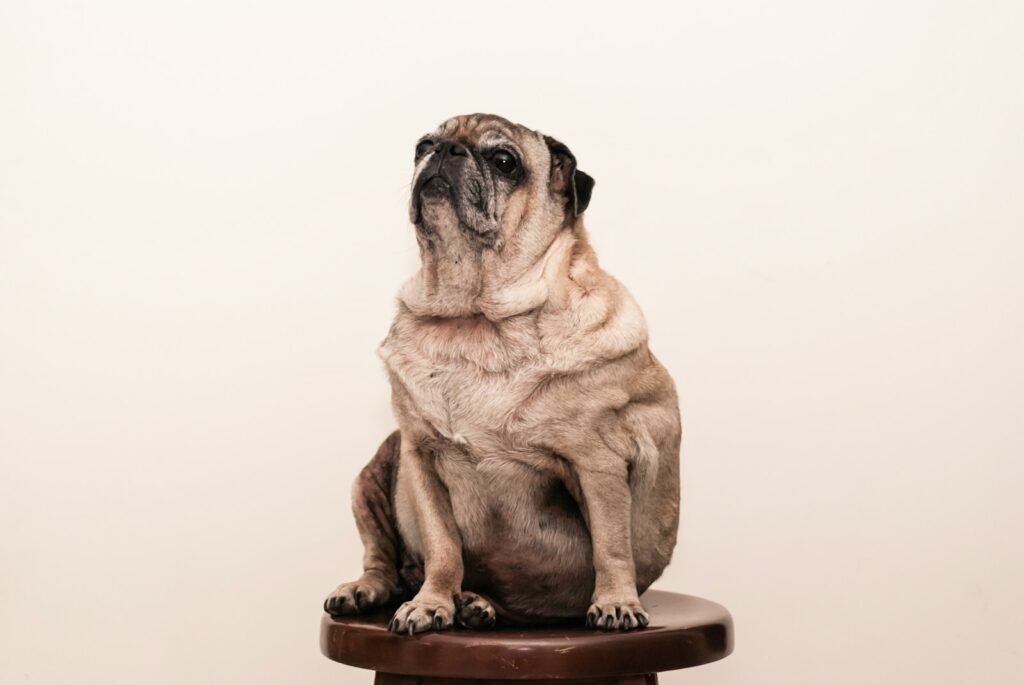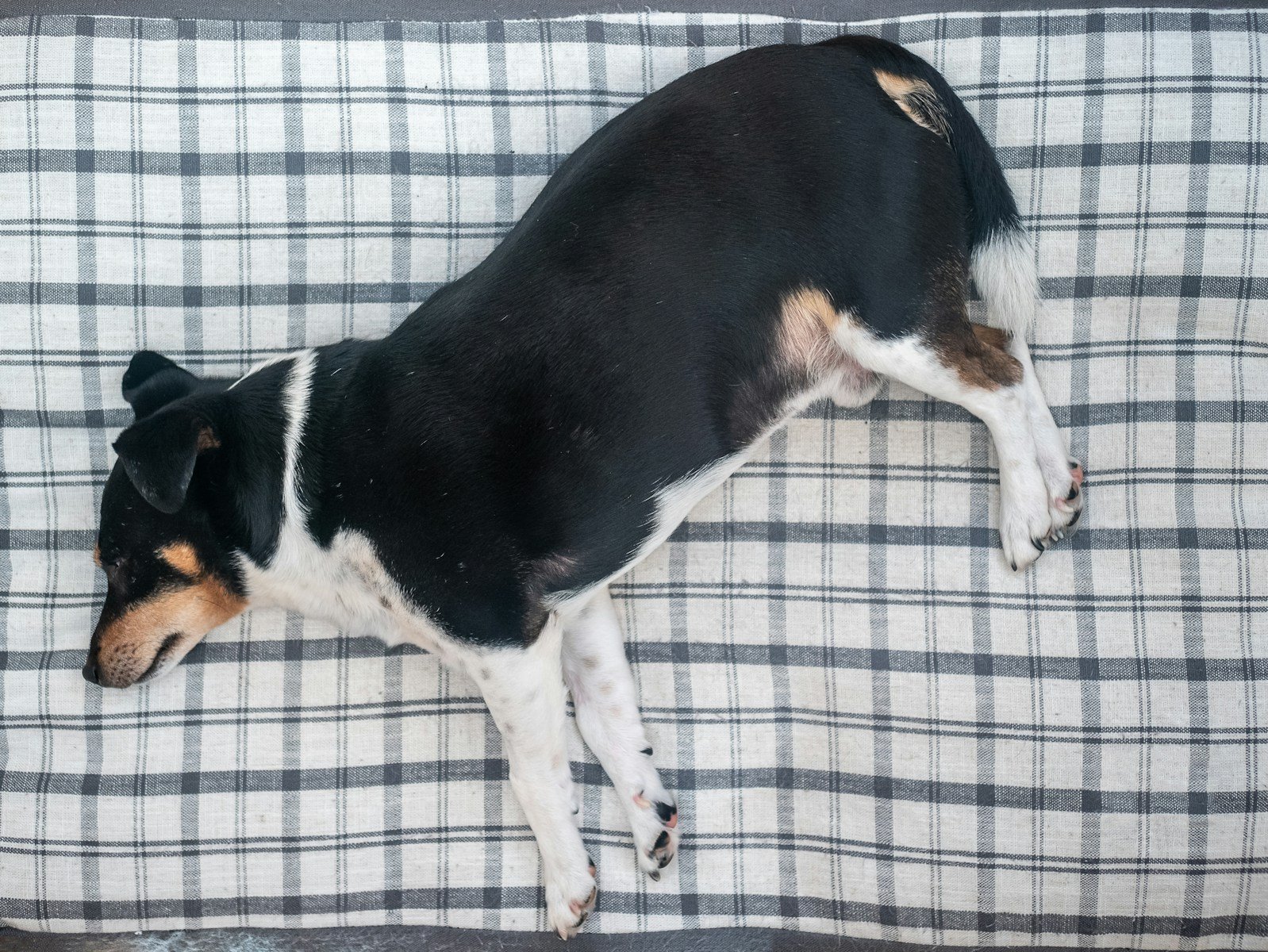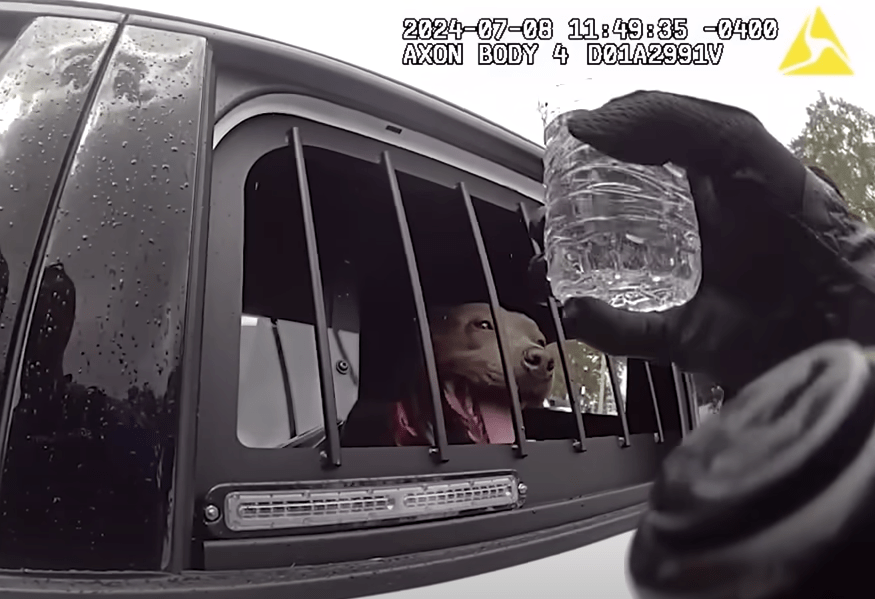Just as with humans, a few of the biggest health problems today for dogs is obesity.
Many owners think their pudgy dogs are adorable, when in fact they are very unhealthy. Overweight dogs can develop the same kinds of problems that overweight humans can, such as diabetes mellitus, which can be very tricky to treat.

Obesity can also reduce your dog’s life expectancy. If you are not sure if your dog is overweight, there is a very easy way to do so visually and by touch. A dog of normal weight should have an indentation at his waistline, and his ribs should be easily felt under his skin. An overweight dog will not have a waistline and there will be a thicker layer of fat over his ribs.
What Causes Obesity
There are several factors that can contribute to obesity in dogs. Among these are overfeeding, not enough exercise, health conditions such as hyperthyroidism or hyperadrenocorticism, age, gender, and breed.

If your dog is overweight, the first thing you can do is have your veterinarian do a full examination. This will help rule out any underlying health conditions. If no health conditions are present, the next thing you can look at is the quality and quantity of food you are feeding your dog. Many store brand and generic foods do not have the correct nutrients required to keep your dog fit and healthy. If your dog is overweight, you have to choose a high quality food specifically designed to be low in calories.
Many prescription and over the counter diets are available. Talk with your veterinary staff to help determine which food is right for your dog. If you will be switching to a new food, you have to do this gradually, over the period of about a week. This will help reduce digestive problems like vomiting and loose stools. Feed your dog the amount that the label or your veterinarian recommends.
While your dog is losing weight, ideally you can cut out all treats. Many people feed their dogs the appropriate amount of food, but are not aware of how high in calories many treats are. Keep track of what kinds of treats and how many you are giving your dog. You would be amazed to find out that his caloric intake of treats is greater than that in his food. If you must feed your dog treats while he is dieting, choose healthy snacks like carrots or a low calorie manufactured treat such as Charlee Bear Original Dog Treats.

You should also never feed your dog leftovers. Not only is this unhealthy for dogs, it can lead to unwanted behaviors such as begging. In general, your leftovers do not have the proper balance of nutrients that dogs require and are usually higher in fat and calories than dogs should have.
Nutrition
Correct nutrition is not the only factor in reducing weight in dogs. You must give them with appropriate amounts of exercise. Many people do not understand that dogs require an awful lot of exercise to maintain proper health. If your dog is overweight, you have to go for at least one walk in the morning and the evening for up to 30 minutes each time, depending on the size of your dog. Dog parks are an excellent place for both you and your dog to get exercise. Sign up for a class like agility or flyball to help keep your dog active. Play lots of games like fetch and Frisbee. You have to be an active partner in helping your dog reduce his weight.
Weight loss in dogs should be very gradual. Dogs should only lose between one and two percent of their overall weight per week. You should weigh your dog on a regular basis to keep track of his weight and to check your progress. Dogs become overweight by overeating and inactivity. By following the feeding guidelines set by your veterinarian, reducing the amount of treats given, and increasing the amount of exercise and activity your dog gets, you can help your dog lose weight and become the healthy and happy dog you want him to be.




